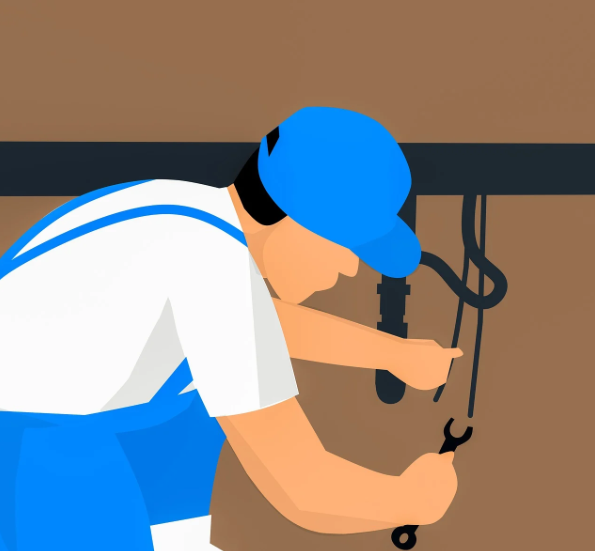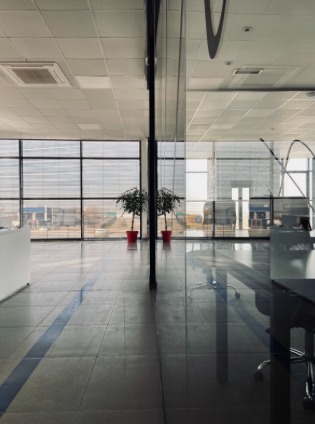How To Handle A Power Outage At Work
There is nothing more disruptive in the workplace than a loss of power. Whether you work in an office or you work on a construction site, you need to be able to continue your job without too much interruption and a loss of power takes away your ability to continue your day. Most power outages don't last very long; especially when they're weather related. Power outages can leave you without power, heat, air conditioning and more. You could be left without running water, too, and if it's an area-wide outage, getting home in the dark can be a problem!
You not only have to consider the interruption to
your business when the power goes out, but the interruption that your employees suffer, too, as a result. You have a responsibility to protect your business and your employees, and this means using the following tips to help your business to get back on track. You need to know what to do if the power goes out, and by the end of this article you'll know!

- Know The Risks. Ideally, you'll have a plan in place already for the event of emergencies in your business, and it's important to have a risk assessment for power outages, too. You need to do your research into the specific risks in your community and region, as this will help you to better prepare yourself if you need to replace your Fuel Tanks or you need to weather-proof the exterior of your business as much as possible. If you are aware of the risks, you can respond quickly and efficiently in a crisis situation - which is exactly what you should be able to do!
- Make a Plan. Where possible, you need a plan for emergencies. Every single business in your local area will have one, and you shouldnt be the exception to that rule. Once you have an emergency plan in place, you will be able to train your employees so that they are aware of what to do, too. Your emergency plan should include what to do when an emergency occurs, who should be in charge of contacting others, where the insurance papers are and where the emergency contacts are to get someone out to help. Any paperwork should be in waterproof containers - just in case of flooding! At least twice a year, you should be running drills with your team so that you all are aware of what to do in the event of any issue.
- Have A Kit. You need to have an emergency kit on site - possibly two depending on how big your business site is. You need to be able to be self-sufficient at work in the event of an outage so have an easy to carry kit ready to go for when you need it. Your basic kit should include torches, important contact numbers, flashlights, spare chargers and water. There should also be hi-vis jackets in there, too!
Emergencies happen. If you're ready for them, you don't need to worry about an interrupted business for any longer than necessary!












